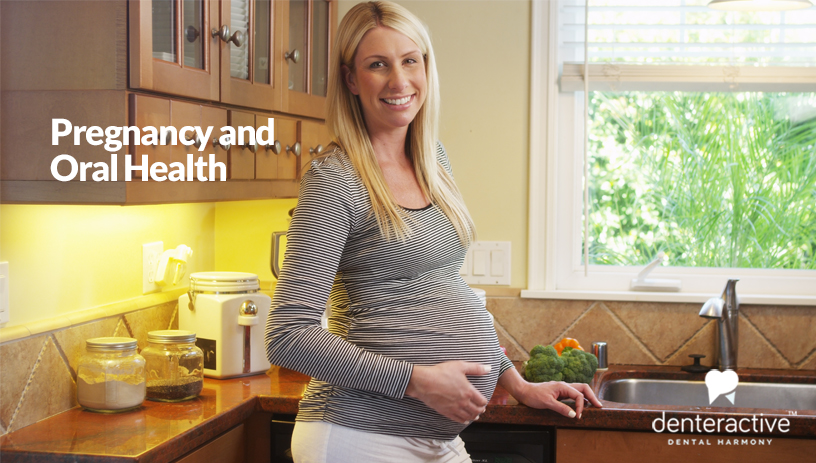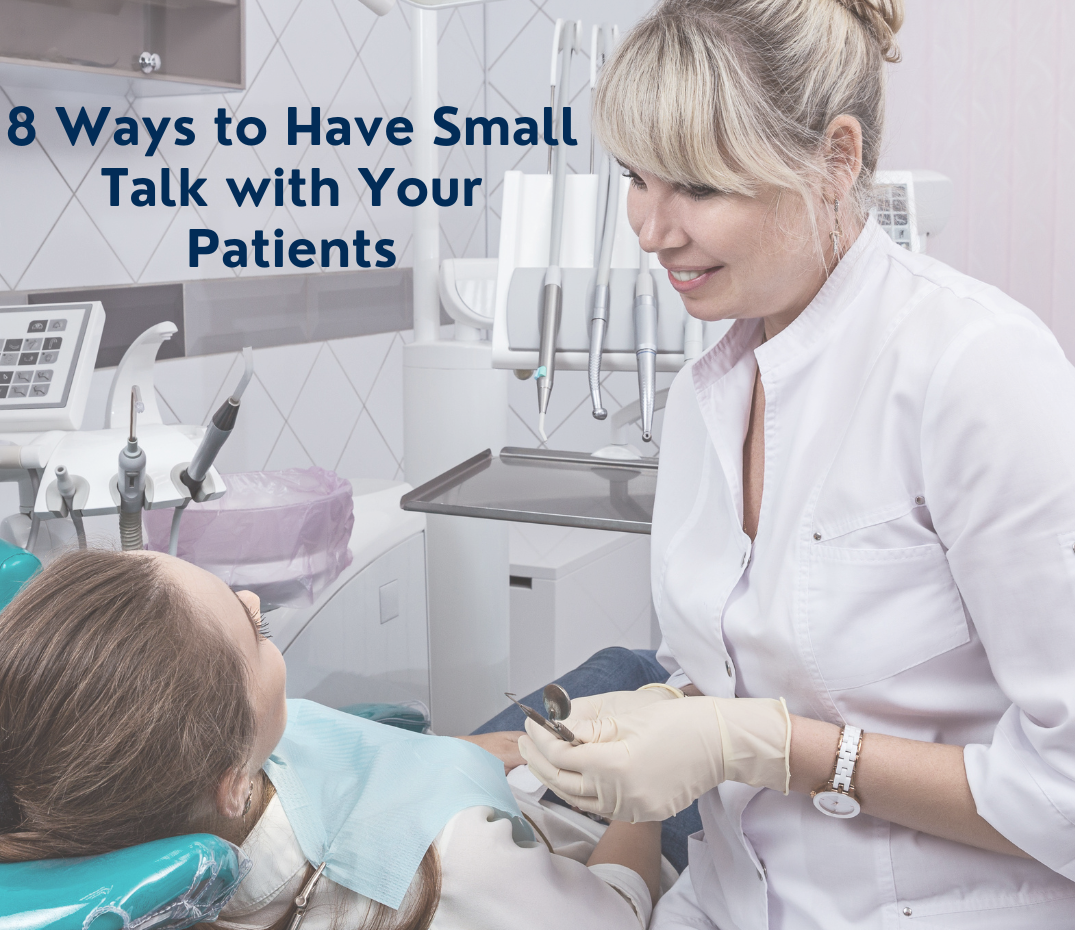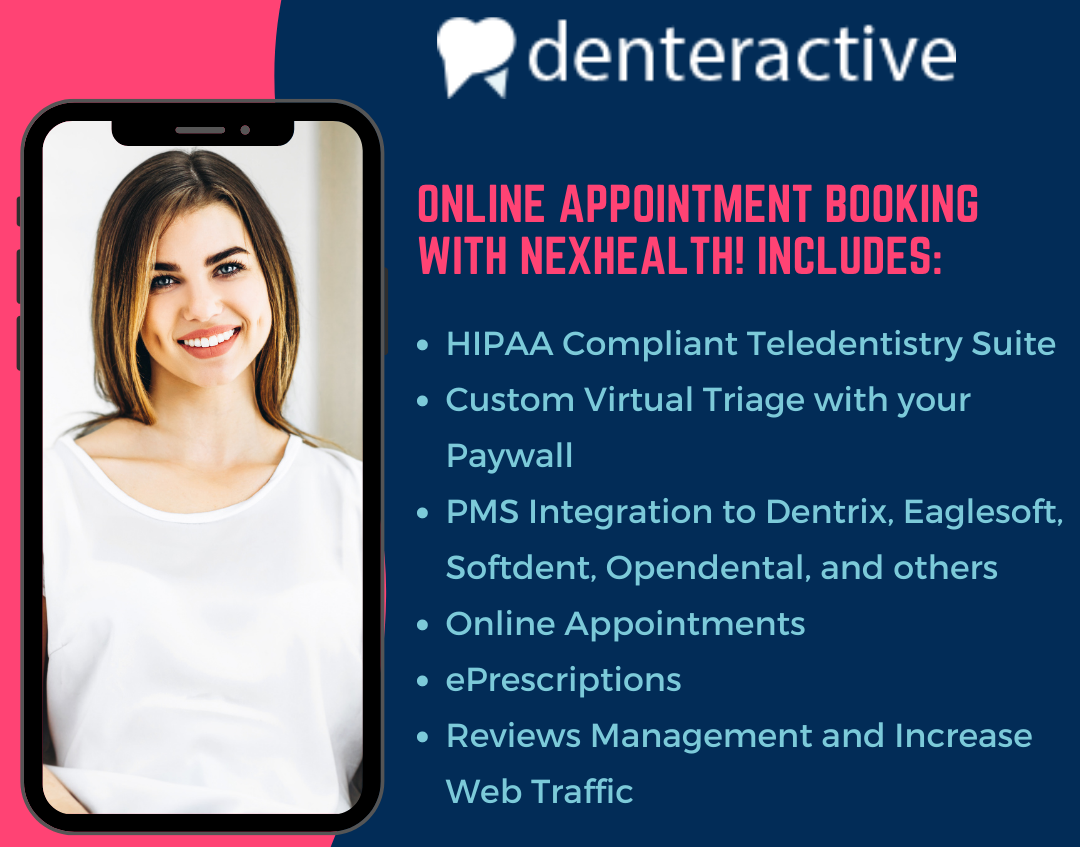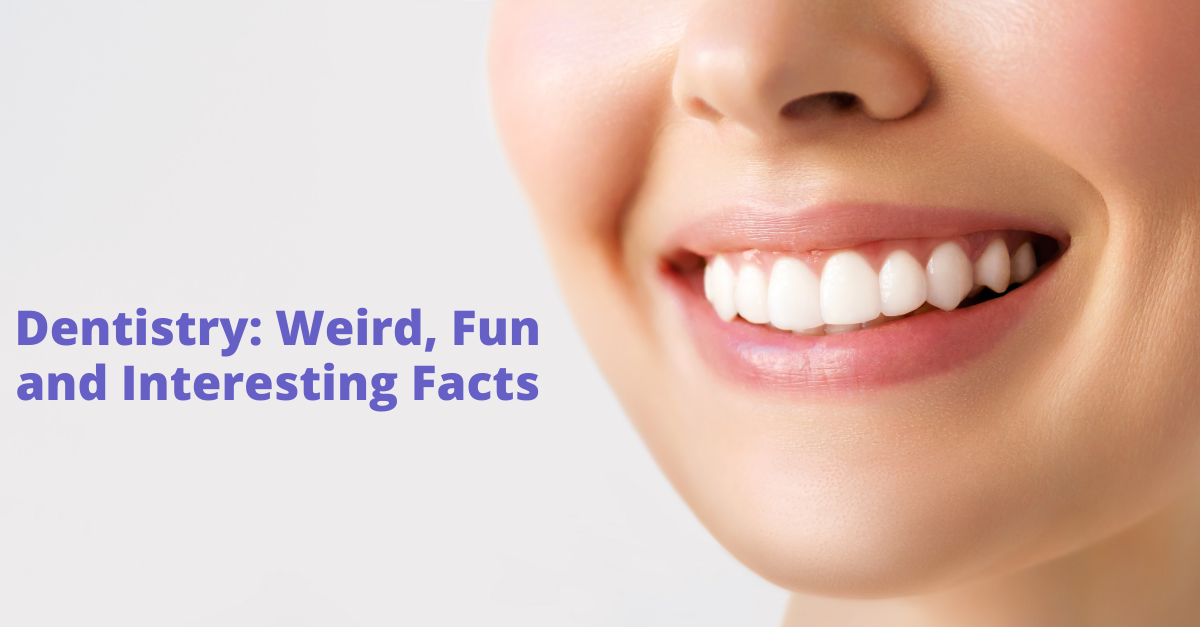Pregnancy and Oral Health

Starting a family is an exciting and rewarding experience. It is important to consider many different things to ensure the best and the most healthy pregnancy possible during your journey to motherhood. Hormonal changes during pregnancy can have effects on your oral health and increase your risk of developing gum disease. Having healthy teeth can decrease your risk of delivering your baby pre-term or having a baby with low birth weight. This means that taking good care of your teeth and gums is very important during pregnancy. As part of preparing for a healthy family, you should establish good oral health habits, and, that starts with choosing an ideal dentist for a thorough checkup, cleaning and preventative care.
Factors to Consider During Pregnancy
- Ensure that you are getting Enough Calcium along with other important vitamins and minerals. Strong bones and teeth require lots of calcium, which means that your baby will benefit from an increased intake of this mineral. Dairy products are one way to get more calcium; another option is to take calcium supplements if your doctor recommends it. In addition to proper calcium intake, you should try to get adequate amounts of vitamins such as Folate, Vitamin B-6, B-12, and zinc. Check with your doctor or nutritionist for details.
- Pregnancy Gingivitis . Plaque buildup in the spaces between your gums and teeth can cause inflammation of the gums. Plaque is comprised mostly of bacteria, which will irritate and inflame the gums causing them to bleed. That irritation is called gingivitis and can result in loss of bone around the teeth along with tooth decay over time. Pregnancy gingivitis is an accentuated inflammation of the gums, which is caused by an exaggerated response to toxins in the bacterial plaque due to increased levels of certain hormones. This problem is most common between the second and eighth months of pregnancy. Dr. Parisa Kermanshahi, a Pediatric dentist and a mom in Orange County says “ If you have gum disease before getting pregnant, your pregnancy may cause it to worsen. Considering that almost 60-70 percent pregnant women get some form of gingivitis, it is imperative that they know how to prevent and care for this problem”
Preventing pregnancy gingivitis involves brushing teeth regularly and flossing daily; and, chewing sugar-free gum and drinking lots of water to help wash away food debris and keep bacterial levels down. If gingivitis is not treated, it can result in periodontal disease, which has been linked in many studies to pre-term birth. One of these studies found that pregnant women with chronic gum disease had four to seven times higher risk of preterm delivery than women who did not have the problem.
- Morning Sickness If you suffer from morning sickness, be sure to rinse your mouth with a cup of water containing a teaspoon of baking soda and avoid brushing for the first hour after vomiting has occurred. This will help prevent dental erosion and decay that is caused by the acids in your stomach. According to American Academy of Pediatric Dentistry, after the sixth month of pregnancy a patient should rinse their mouth with sodium fluoride (0.05%) to help reduce the levels of cavity causing bacteria. Also Xylitol, which is a natural sweetener found in different types of gum can help decrease the transmission of bacteria to your child after delivery. (Please read the labels or ask your doctor on the amount that is safe to chew).
- Dental Care During Pregnancy . There are usually no risks associated with routine dental care during pregnancy, but it is advisable to get a medical clearance through your physician to help dentists ensure the safest care possible for you and your baby. Most dentists and physicians agree that the Second Trimester (14 to 20 weeks) is the safest for having major dental treatments; however, most elective or cosmetic treatments are best postponed for after delivery. Make sure that your dentist knows about any supplements that you are taking, and about any changes you have noticed with regard to your oral health. Information about supplements is important because your dentist may use or prescribe medications that can interact with these agents. Most Antibiotics and non-aspirin related pain medications are safe to use during your pregnancy (avoid the use of tetracycline, which can result in staining of your child’s teeth). When unsure, ask your physician or dentist about the use of medication during pregnancy. As far as radiographs, your dentist may decide to delay taking any x-rays until after the baby is born; however, if an x-ray is absolutely necessary, there are precautions that they can take to minimize the risks. Double shielding your abdomen with a lead apron that has a thyroid collar is the most common practice in dental offices.
Good dental care during pregnancy involves focusing on your nutrition and oral hygiene. Make healthy choice for a healthy family.



